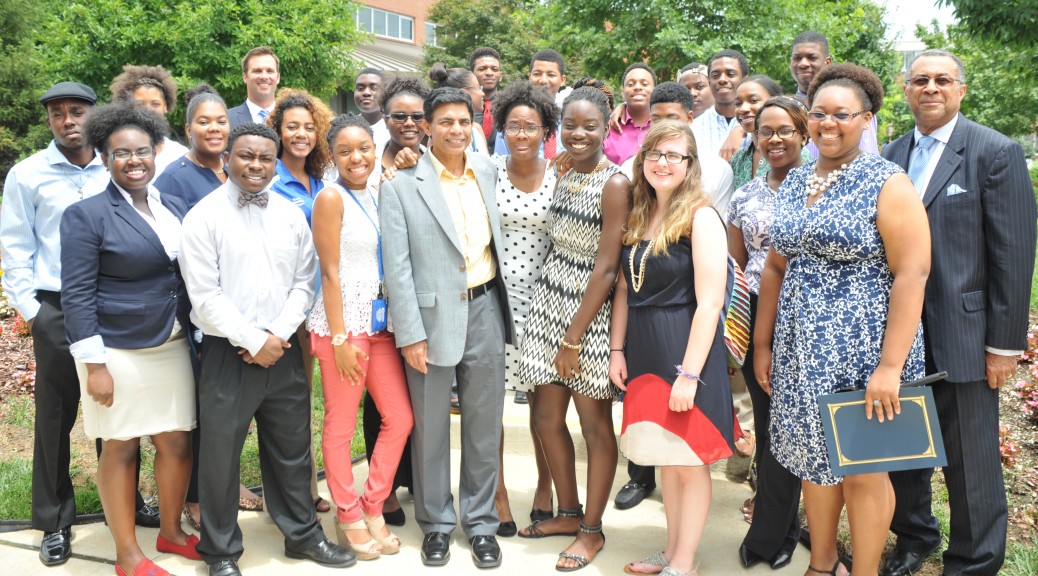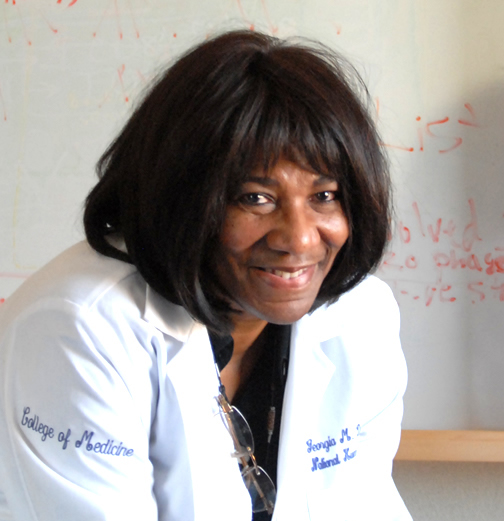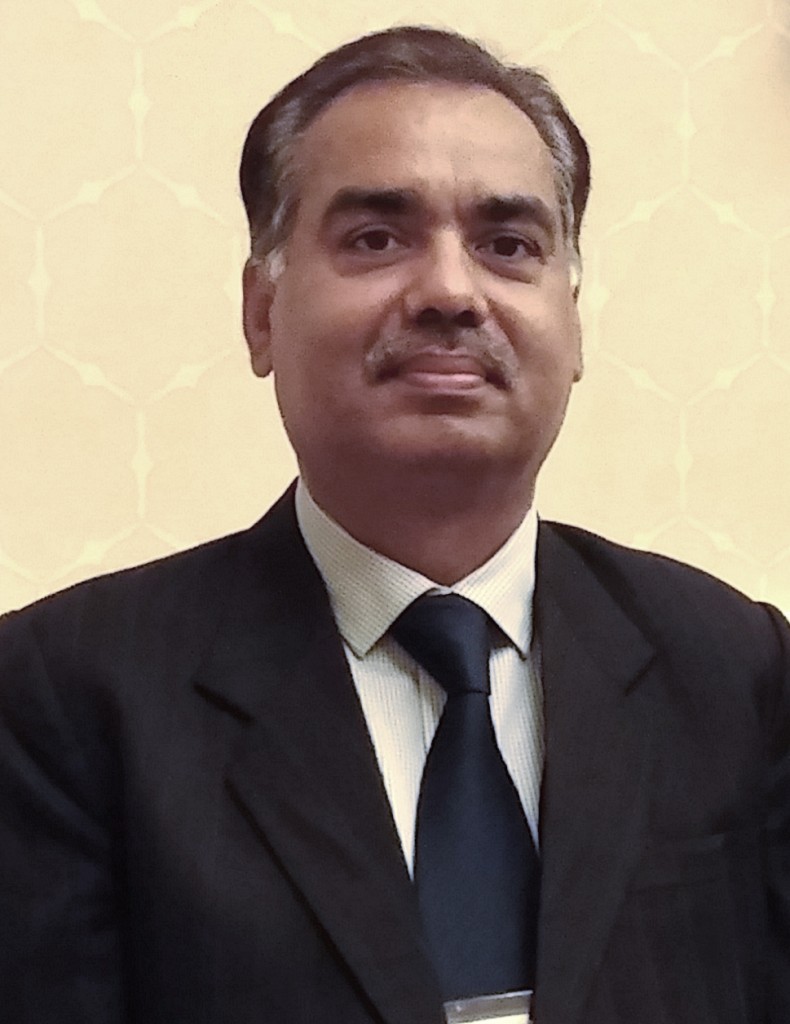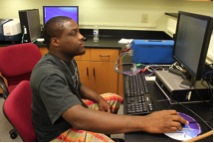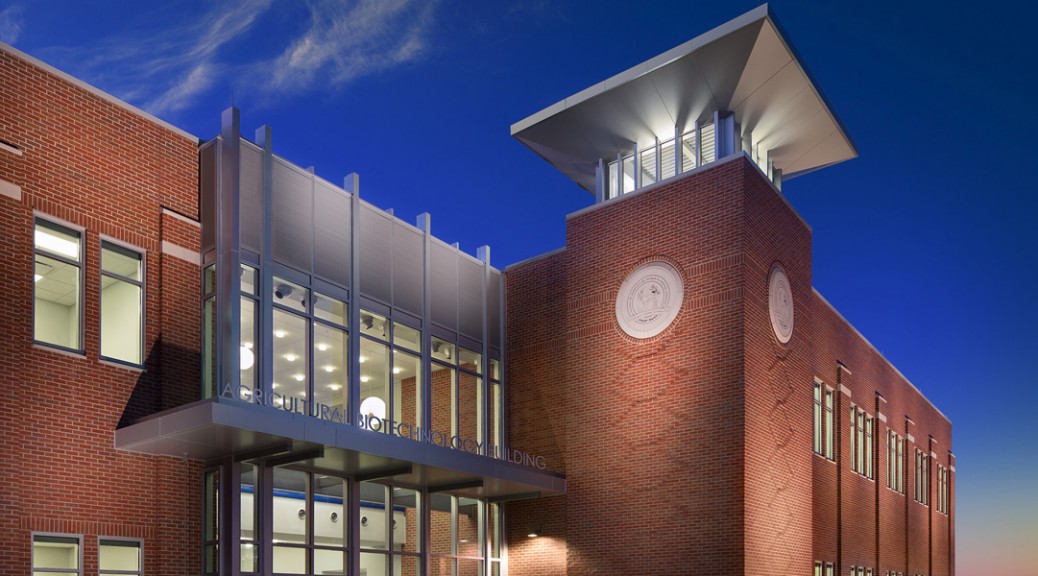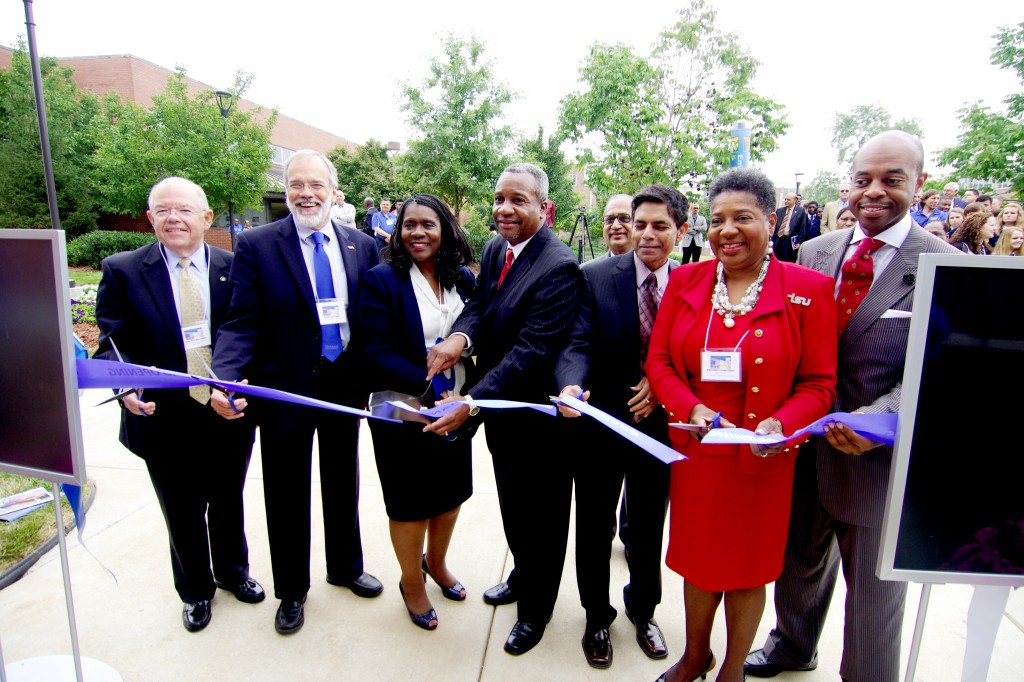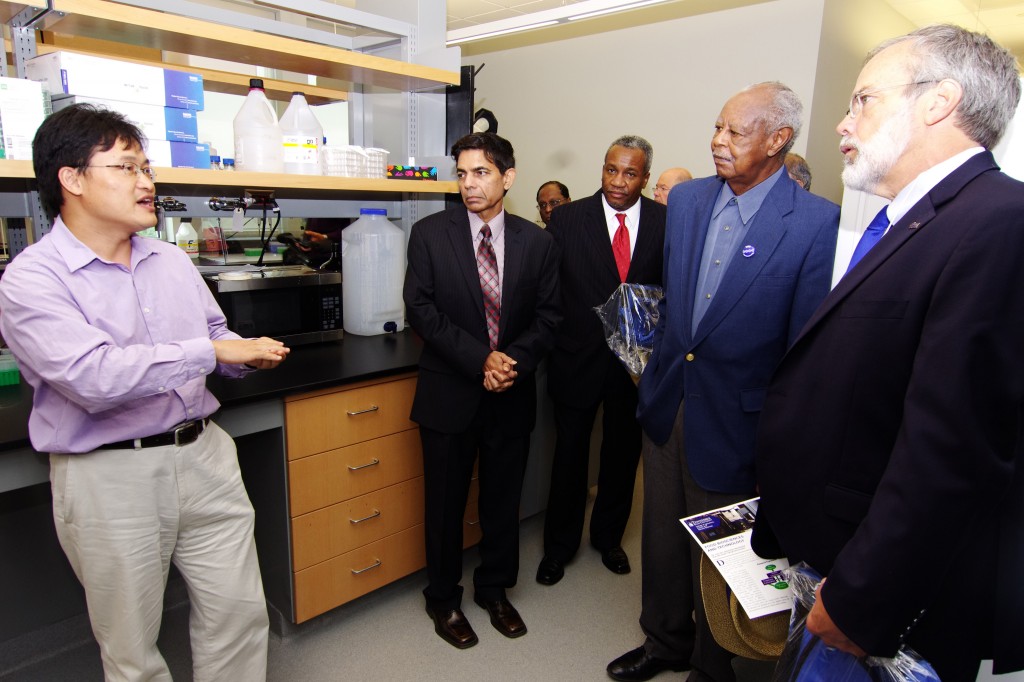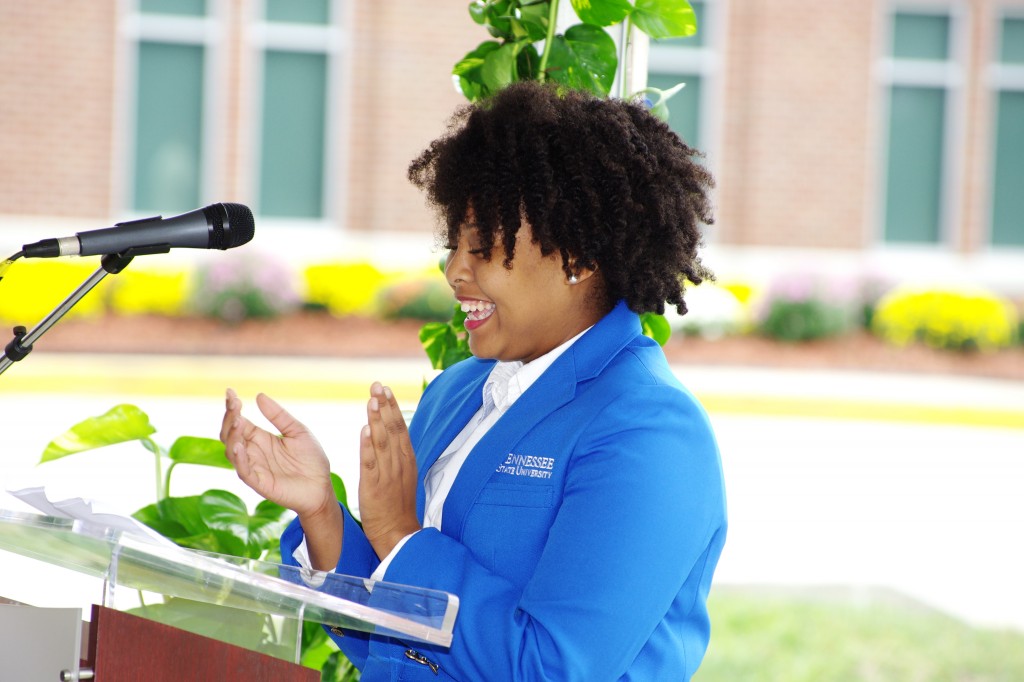NASHVILLE, Tenn. (TSU News Service) – From studies in understanding hypersensitive response of tobacco plants to comparing DNAs in chickens and Guinea fowls, 21 incoming college freshmen and rising high school seniors spent their summer receiving exposure to real-world scientific work and cutting-edge research.
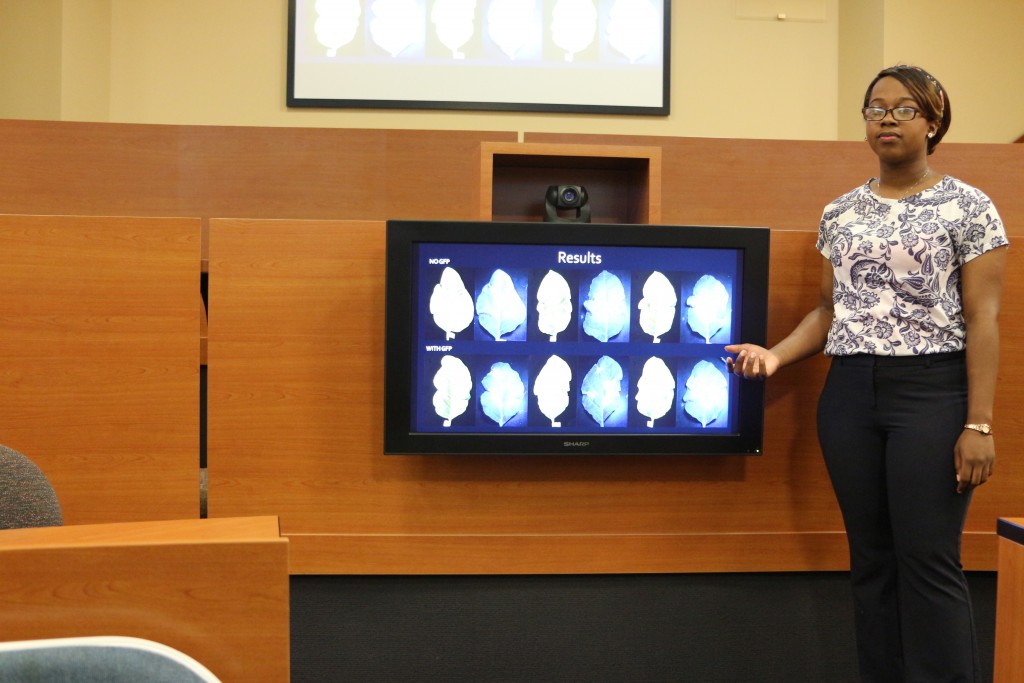
The students, from Tennessee, Mississippi, Florida, Indiana and Georgia, spent five weeks at Tennessee State University engaged in various laboratory and field experiments under the mentorship of university professors and scientists. Their finished works were presented as scientific papers and research results during a standing-room only audience of parents and guests in the Ferrell-Westbrook Complex on TSU’s main campus on July 2.
“These students are really the best we have recruited in the seven years of the Summer Apprenticeship Program,” said Dr. Chandra Reddy, referring to the USDA-funded program intended to expose students to the many career opportunities in agriculture, bio- and environmental sciences.
Kayla Sampson, an incoming freshman from Jackson, Mississippi, who wants to major in biotechnology, said the summer programs gave her a better understanding of her career choice.
“Although I have always wanted to go into biotechnology, I came here not knowing much about it,” said Sampson, who will attend TSU this fall. “This Summer Apprenticeship Program has really opened my eyes and fueled my interest. The mentors and program coordinators were very helpful and encouraging.”
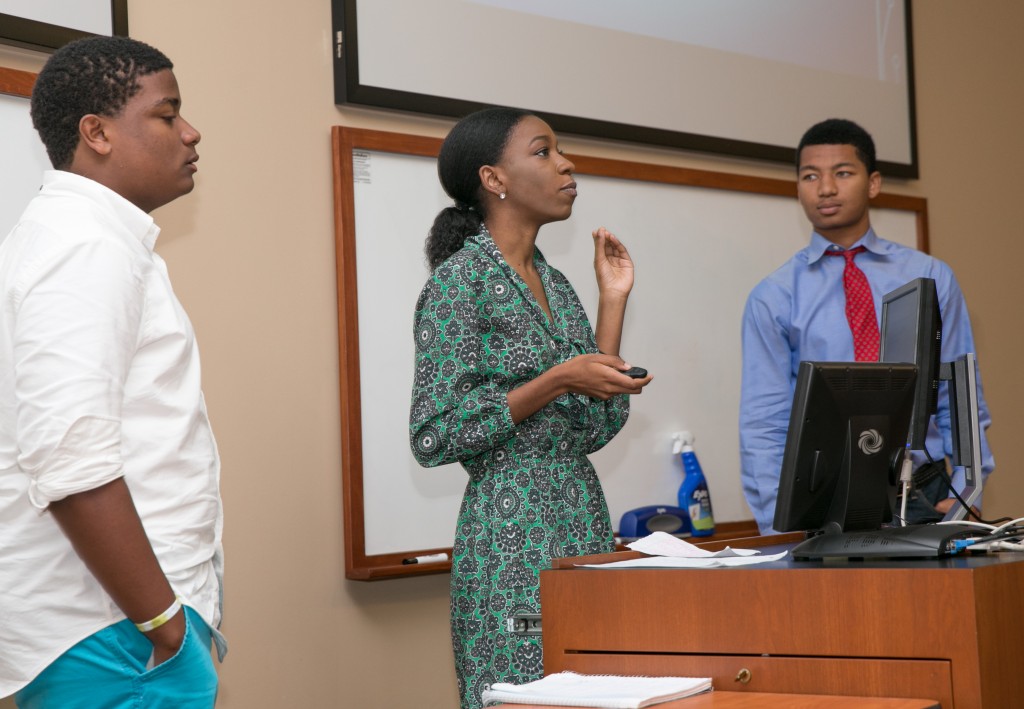
From Ivori Scheley, an incoming freshman, whose dream is to engage in groundbreaking research, to Christopher Green, also an incoming freshman with an interest in biotechnology and environmental science, many of the future scientists say their month-long interaction with each other and college professors was an eye-opener for their future careers.
“Biotechnology is certainly where the money is, which makes it a very enticing career choice,” said Green. “I also see animal science as another potential career choice.”
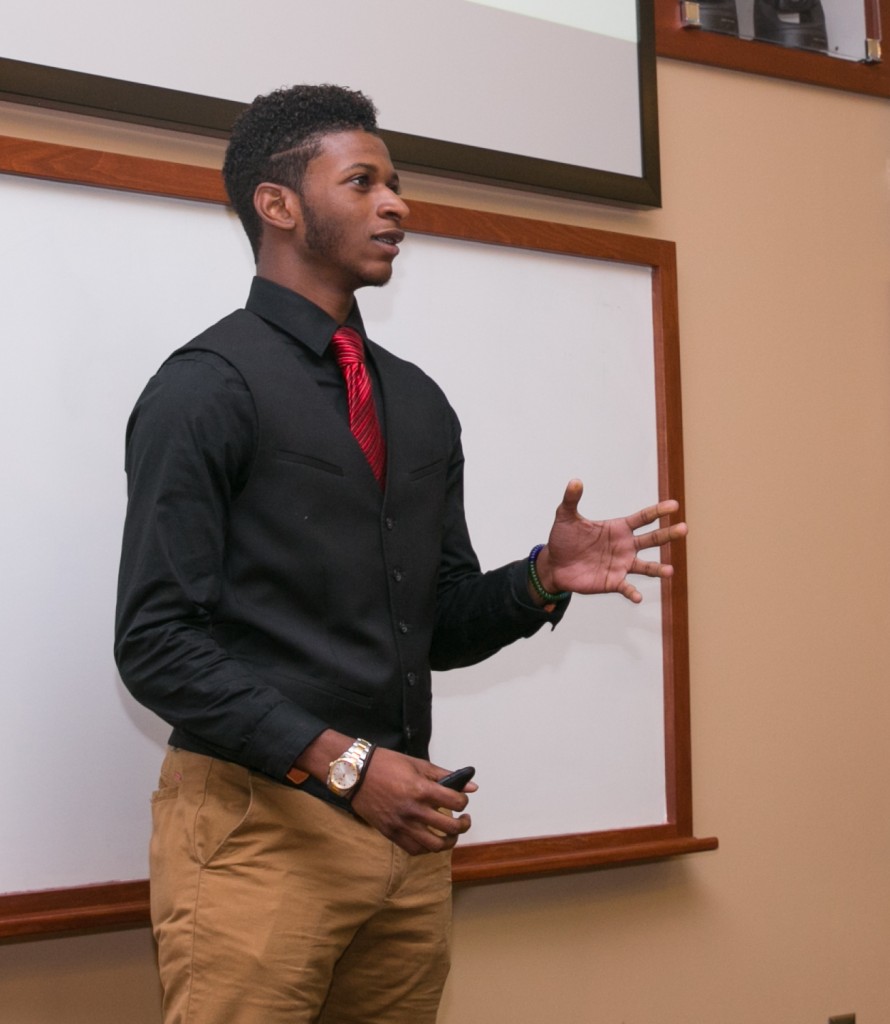
According to William F. Hayslett Sr., coordinator of the Summer Apprenticeship Program, the objective of the program is to dispel the “myth” that agriculture is farming. “Our goal here is to make students aware of the academic programs in the College of Agriculture, Human and Natural Sciences and the many career opportunities available to its graduates.”
Reddy, who is dean of the College of Agriculture, Human and Natural Sciences, encouraged the students to consider careers in STEM and agricultural sciences, as “lucrative” areas for employment.
“Here at TSU we offer a variety of opportunities in agribusiness, environmental sciences and many other areas that are in high demand,” he said.
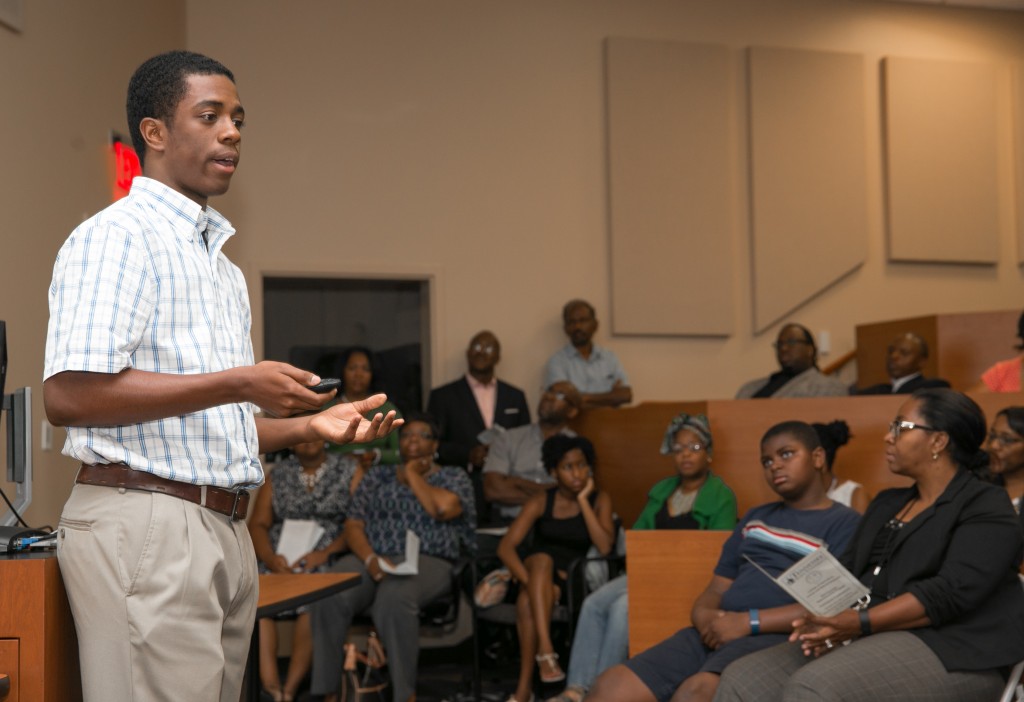
He thanked parents for encouraging their children to enter the program, adding that the program offers a “positive” avenue for youths to spend their summer in experiential learning. “It is also intended to give community college and recent high school graduates the opportunity to learn values essential for environmental stewardship at the local, state and national levels,” Reddy said.
Other students who participated in the program were: Malaika Greer, Jasmine Stringer, Kevonte Askew, Amarius Daniels, Demetria Hayes, Asia Hooper, Darrius Lawson, Devinn Pauley, Sydnie Davis and Arthur Carey. Also participating in the Summer Apprenticeship Program were: Kobe Leonard, Paige Madison, Terrell Boykin, CheKenna Fletcher, Isiah Cunningham, Whitney ‘Abbey’ Anderson, Shakarah Nelson and Darian Majors.
Each of the students who participated in the residential program received a $1,000 stipend.
Tennessee State University
3500 John Merritt Boulevard
Nashville, Tennessee 37209
615.963.5331
About Tennessee State University
With more than 9,000 students, Tennessee State University is Nashville’s only public university, and is a comprehensive, urban, co-educational, land-grant university offering 45 undergraduate, 24 graduate and seven doctoral programs. TSU has earned a top 20 ranking for Historically Black Colleges and Universities according to U.S. News and World Report, and rated as one of the top universities in the country by Washington Monthly for social mobility, research and community service. Founded in 1912, Tennessee State University celebrated 100 years in Nashville during 2012. Visit the University online at tnstate.edu.
